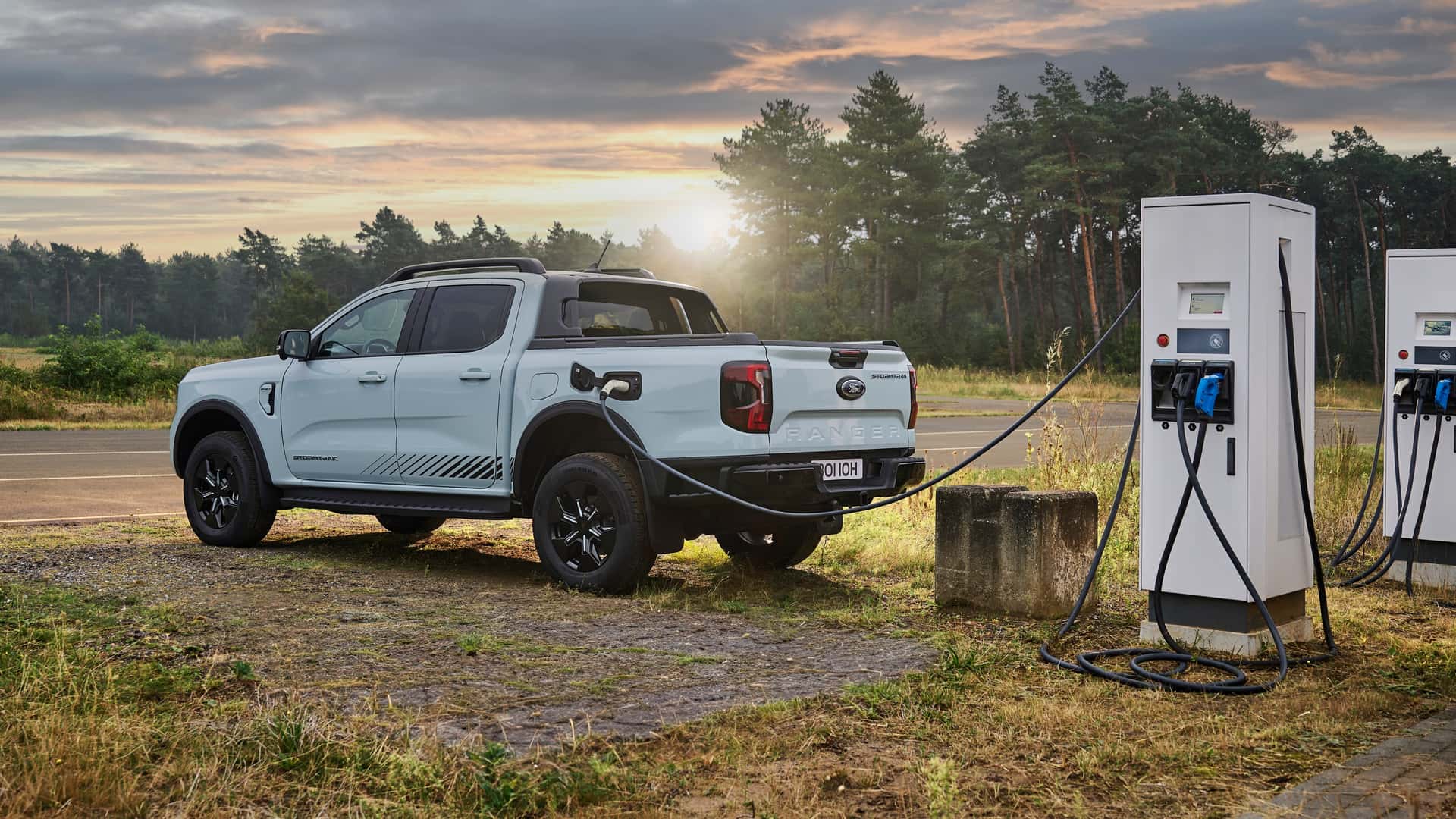
Ford Ranger is about to have a PHEV plug-in hybrid engine
Preferred electric vehicle type: In all markets surveyed except Thailand, hybrid vehicles (HEVs) were chosen as the top choice “if cost is taken into account,” followed by plug-in hybrid vehicles (PHEVs), then battery electric vehicles (BEVs). First impressions: A majority of respondents said they would be more likely to date someone who drove an electric vehicle. More than three-quarters of respondents in South Africa, Thailand, the Philippines, Vietnam, and the UAE said they would choose an electric vehicle over an internal combustion engine vehicle to make a good first impression. This compares to only 57% of Australians and 48% of New Zealanders. Positive sentiments: More than half of respondents described electric vehicle owners as environmentally conscious, forward-thinking, and tech-savvy. 61% said they would buy an electric vehicle. Electric vehicles in everyday life: Most respondents agreed that they would be more likely to use electric vehicles for deliveries or service purposes, and they also preferred to use them for daily commuting. Electricity costs: While most respondents agreed that electric vehicles save money by not having to pay for fuel, Australia bucks this trend. 60% of Australians believe that charging an electric vehicle at home would result in higher electricity bills, equivalent to the cost of filling up with petrol for an internal combustion engine vehicle. Charging stations: Most respondents chose service stations as the most ideal place to use public charging services, followed by shopping centres and office buildings. Infrastructure: Many respondents did not have information about public charging stations near where they live. 45% of South Africans said they were unaware of any charging stations within 20km of their homes, while shopping centres were rated as the most suitable locations for charging stations. Operational needs: Petrol and diesel vehicles are still preferred for handling harsh conditions, towing loads and off-roading. However, most respondents said they would be more likely to buy an electric vehicle if the vehicle had better towing and off-road capabilities. Some were also concerned that electric vehicles could not carry as much luggage or cargo as their internal combustion engine counterparts. Barriers to purchase: More than three-quarters of respondents believe electric vehicles are as safe as internal combustion engine vehicles in a crash. However, more than a quarter are concerned that electric vehicles do not perform well in extreme temperatures, which can cause charging stations to malfunction. They said they are more likely to buy electric vehicles as vehicle range improves, long-term maintenance costs decrease, and charging infrastructure develops. Battery life is also a major concern. “As we launch more electrified vehicles in more markets, this research helps us understand and address consumer concerns. From the Mach-E, Escape PHEV and E-Transit, to the upcoming Ranger PHEV, Ford offers a diverse range of electric vehicles to meet different needs: performance, family-friendliness, and towing,” said Hart.Vietnam.vn



![[Photo] Lam Dong: Images of damage after a suspected lake burst in Tuy Phong](https://vphoto.vietnam.vn/thumb/1200x675/vietnam/resource/IMAGE/2025/11/02/1762078736805_8e7f5424f473782d2162-5118-jpg.webp)



![[Photo] President Luong Cuong receives US Secretary of War Pete Hegseth](https://vphoto.vietnam.vn/thumb/1200x675/vietnam/resource/IMAGE/2025/11/02/1762089839868_ndo_br_1-jpg.webp)


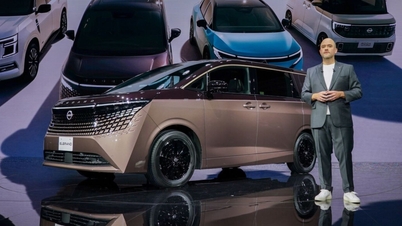

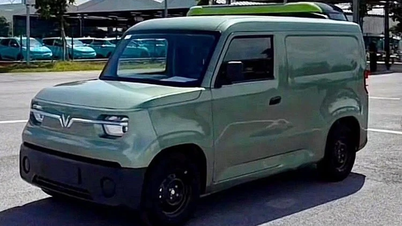





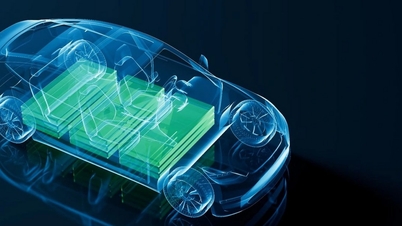


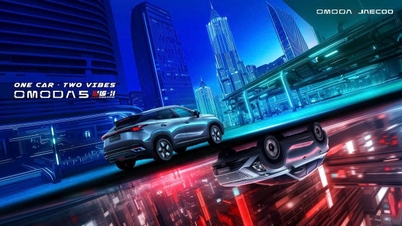
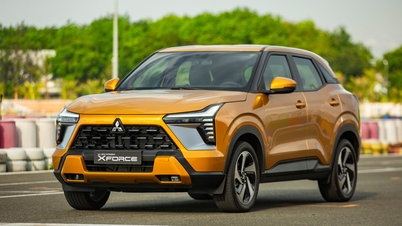


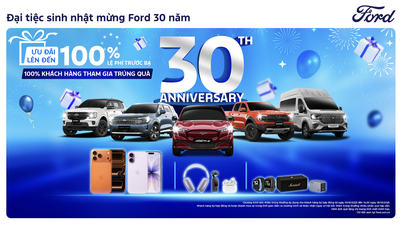












































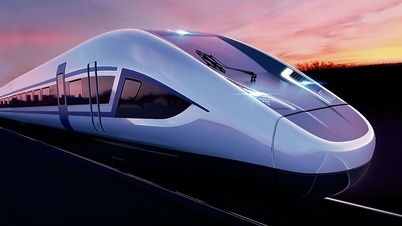




































Comment (0)